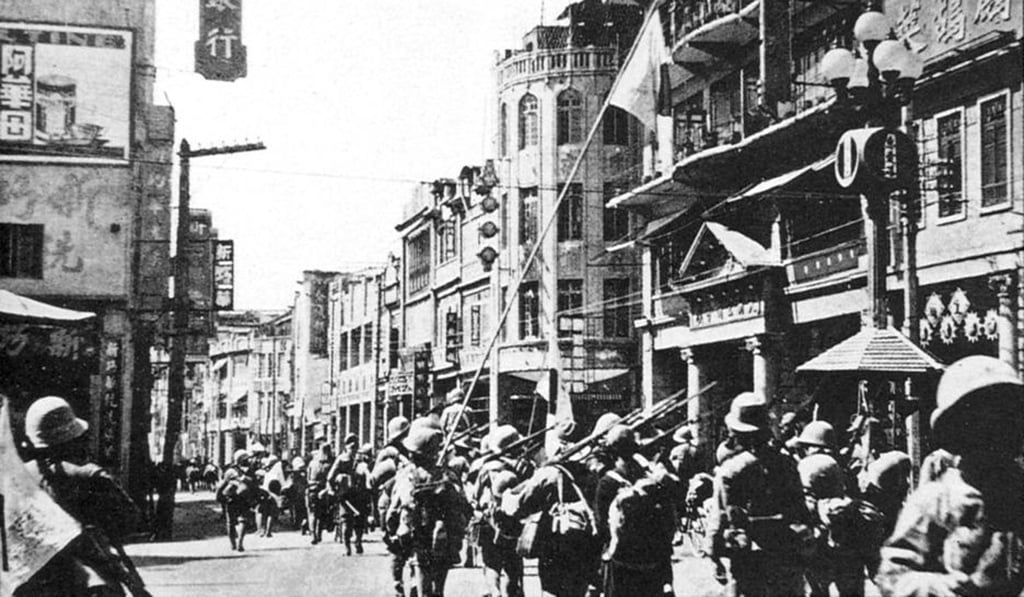Hong Kong education official slams controversial history exam question that put candidates in ‘unreasonable’ position
- Exams should never lead students to discuss ‘positive values’ of invasions and massacres, senior official writes, as teachers’ unions square off on issue
- But exam authority should ‘think twice’ about Education Bureau’s unprecedented request to invalidate question, body’s former chief insists

Exams should never lead students to discuss the positive values of invasions, massacres or ethnic cleansing, a top education official said on Sunday, calling a university entrance exam question that asked if Japan “did more good than harm to China” in the early 20th century “completely unreasonable”.
In a 2,500-word article published on the Education Bureau website, deputy secretary for education Hong Chan Tsui-wah elaborated on last week’s unprecedented decision to request that the Hong Kong Examinations and Assessment Authority (HKEAA) scrap a question from this year’s exam.

One of the reading materials was about Japan’s plans to allow Chinese students to study law and politics there during the Qing dynasty, while another was about a Japanese conglomerate’s scheme to provide financial support to the provisional Republic of China.
But Hong said the question should never have appeared “based on the consensus of human conscience”, and because students should be taught empathy for those who suffered from historical events such as Japan’s invasion and occupation of much of the country between 1937 and 1945.
“On major issues of right and wrong, such as invasions, massacres and ethnic cleansing, we should never lead students in their basic education stage to discuss their positive values. There should not be any country that asks their students to discuss the good or harm of such events in textbooks or even in test questions,” she wrote.